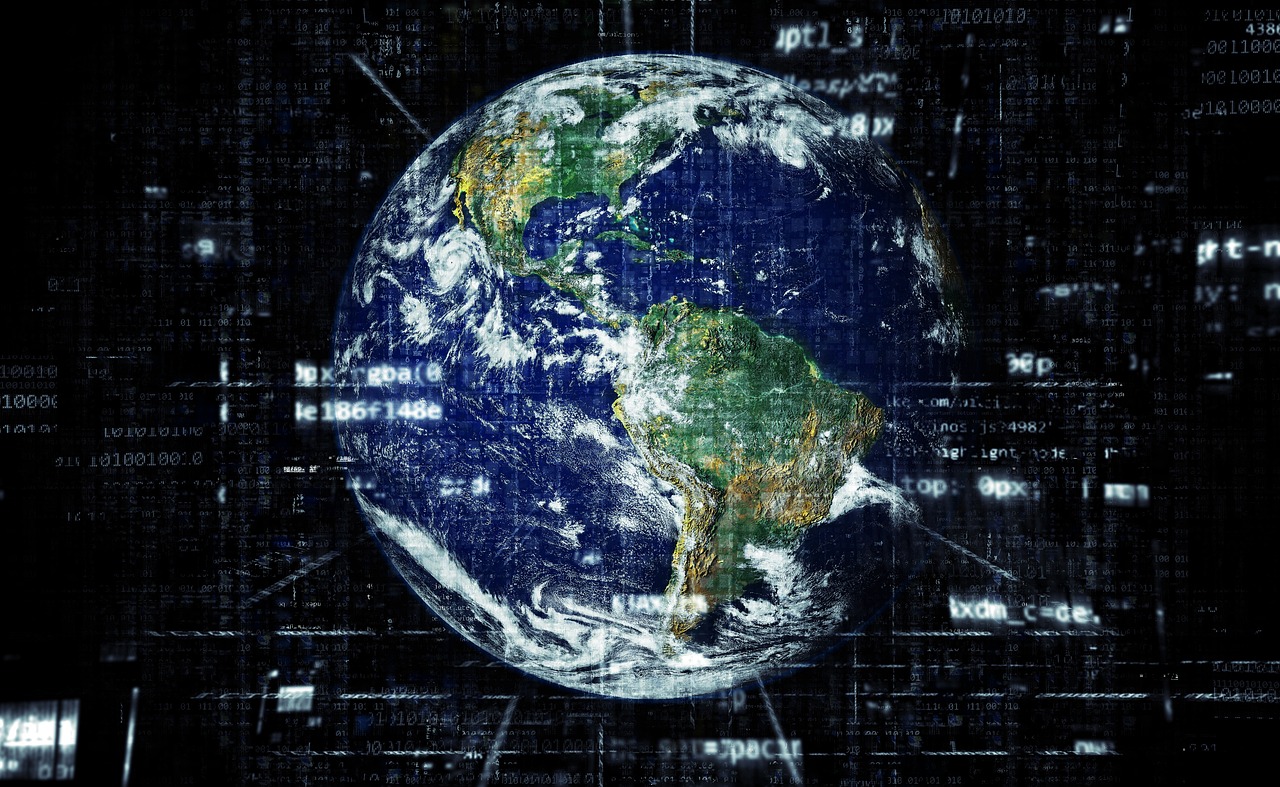Introducing the Top 9 Latest AI Technology Trends

Latest AI Technology Trends – Artificial intelligence (AI) has been a beacon of innovation, continuously evolving to push the boundaries of what machines can achieve. The latest AI technology trends are shaping industries, enhancing everyday life, and redefining what is possible in both science and creativity. From autonomous systems to advanced data analysis, the landscape of AI is diverse and dynamic. Let’s delve into the specifics of these trends, exploring how they are changing the world around us.
Read: Revolutionizing eLearning With Generative Artificial Intelligence: 6 Supportive Innovative Tools
9 Latest AI Technology Trends
Generative AI
One of the most talked-about trends in AI has been the rise of generative AI. This technology allows for the creation of new content—be it text, images, music, or even video—based on existing data patterns. Tools like DALL-E by OpenAI and MidJourney have popularized this trend, enabling users to generate art or content from mere text descriptions. This advancement not only democratizes creativity but also has significant implications in areas like marketing, content creation, and even personalized education.
Reasoning LLMs
Large Language Models (LLMs) have gone beyond simple text generation to exhibit reasoning capabilities. With models like OpenAI’s o3, AI systems are now capable of deeper understanding and logic, moving closer to human-like reasoning. This evolution is crucial for applications requiring complex decision-making or problem-solving, such as in legal analysis, medical diagnostics, or financial advising. The integration of reasoning into LLMs marks a significant step forward in making AI more intuitive and useful across various domains.
AI in Science
AI is revolutionizing scientific research by speeding up discovery processes and aiding in data analysis that would otherwise take humans years to complete. From drug discovery, where AI can predict molecular behavior, to climate science, where AI models help forecast weather patterns with greater accuracy, the impact is profound. AI’s ability to sift through vast datasets to identify patterns or anomalies is accelerating scientific breakthroughs, making it a pivotal tool for researchers worldwide.
AI and National Security
The integration of AI into national security systems is another significant trend. AI applications are being developed for surveillance, cybersecurity, and military tactics, providing enhanced capabilities in threat detection, pattern recognition, and strategic decision-making. This trend, however, also brings about discussions on ethics, privacy, and the potential for AI in warfare, highlighting the need for balanced regulation and ethical considerations.
Competition to Nvidia’s Chip Dominance
Nvidia has long been at the forefront of AI with its GPUs, but the latest trends show a surge in competition. Companies like AMD, Intel, and newer players in the semiconductor space are developing specialized AI chips to challenge Nvidia’s market dominance. This competition is fostering innovation in hardware, potentially leading to more affordable and efficient AI solutions across various applications, from gaming to large-scale enterprise AI deployments.
AI Agents and Personalization
AI agents, or smart assistants, are becoming more autonomous and personalized. These agents can manage schedules, make purchases, or even negotiate on behalf of users. The trend towards hyper-personalization uses AI to tailor experiences, products, or services to individual preferences, significantly enhancing user engagement and satisfaction. This is seen in everything from personalized news feeds to bespoke shopping recommendations.
AI in Autonomous Vehicles
The push towards fully autonomous vehicles is another trend where AI plays a critical role. With advances in machine learning, vehicles can now process complex environments, make real-time decisions, and navigate safely without human intervention. This technology not only promises to revolutionize personal transport but also logistics, urban planning, and accessibility for those unable to drive.
Ethical AI and Governance
As AI technologies become more pervasive, the trend towards ethical AI and governance is gaining traction. This involves creating frameworks and guidelines to ensure AI systems are transparent, fair, and accountable. Debates around AI bias, data privacy, and the moral implications of AI decisions are leading to a more responsible approach to AI development, ensuring technology serves the broader good of society.
Humanoid Robots
Lastly, the development of humanoid robots signifies a trend where AI intersects with physical embodiments. These robots, designed to assist in homes or public spaces, leverage AI for interaction, mobility, and task execution. The aim is to create robots that can seamlessly integrate into human environments, performing tasks from caregiving to complex industrial operations.
Conclusion
The landscape of AI is vast and continuously evolving, with each of these latest AI technology trends contributing to a future where technology not only augments human capabilities but also redefines our interaction with machines. As we move forward, the challenge will be to harness these trends responsibly, ensuring that the advancements in AI lead to equitable, ethical, and universally beneficial outcomes.






